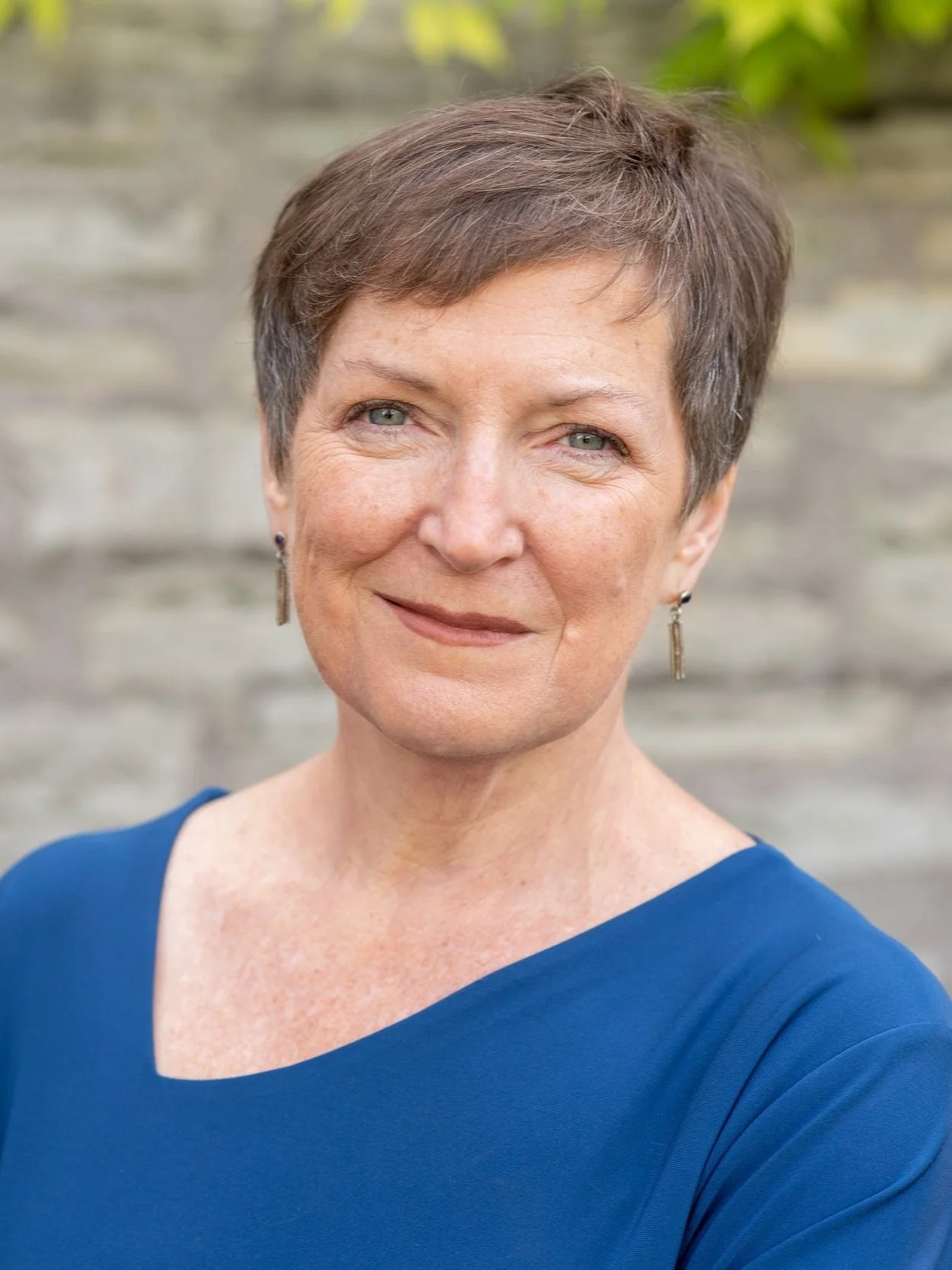In This Episode:
People are living longer. Almost half of those born today will live to 100. But what does this mean for our future economy? And how does this impact the way we approach our careers and relationships? Thought-leader, writer, and entrepreneur, Avivah Wittenberg-Cox, joins our host, Philip Guarino, to answer these questions and more.
Together, in this episode, they break down the new “Four Quarters” of life, and discuss the benefits of starting a new career at 50... and what to think about at 25! Avivah pulls from both her personal experience and her research findings to explain the opportunities brought to companies by the “longevity economy”: from untapped market potential in older demographics, to the growing pool of eligible hires. As an expert in the industry, Avivah is putting pressure on old norms and redefining what it means to be in your prime.
Tune in, and find out how to rethink the framework of your career and beyond!
Subscribe now for free:
Apple Podcasts | Google Podcasts | Spotify | RSS Feed
A Glimpse of What You’ll Learn
How increasing longevity will shape the future economy
A new timeline for the entrepreneur
How to set yourself up for multiple successful careers
Avivah’s new lifetime framework
The untapped potential of “Q3” of life
How to transition from a for-profit to a for-purpose career
The market potential of older demographics
RESOURCES MENTIONED IN THIS EPISODE
Avivah Wittenberg-Cox, CEO of 20-First
Avivah Wittenberg-Cox is CEO of 20-first, a global consulting firm working with companies interested in capturing the competitive advantage of gender, nationality and generational balance. Her thought leadership is accessible through books, regular contributions to Harvard Business Review and Forbes, and TEDx talks. Her book, Why Women Mean Business, was awarded the Manpower Best Book of the Year Prize, and she has been recognized by ELLE Magazine as one of the Top 40 Women Leading Change. Recently she has been a Fellow at Harvard’s Advanced Leadership Initiative, exploring the social and business impact of our ever longer lives.


